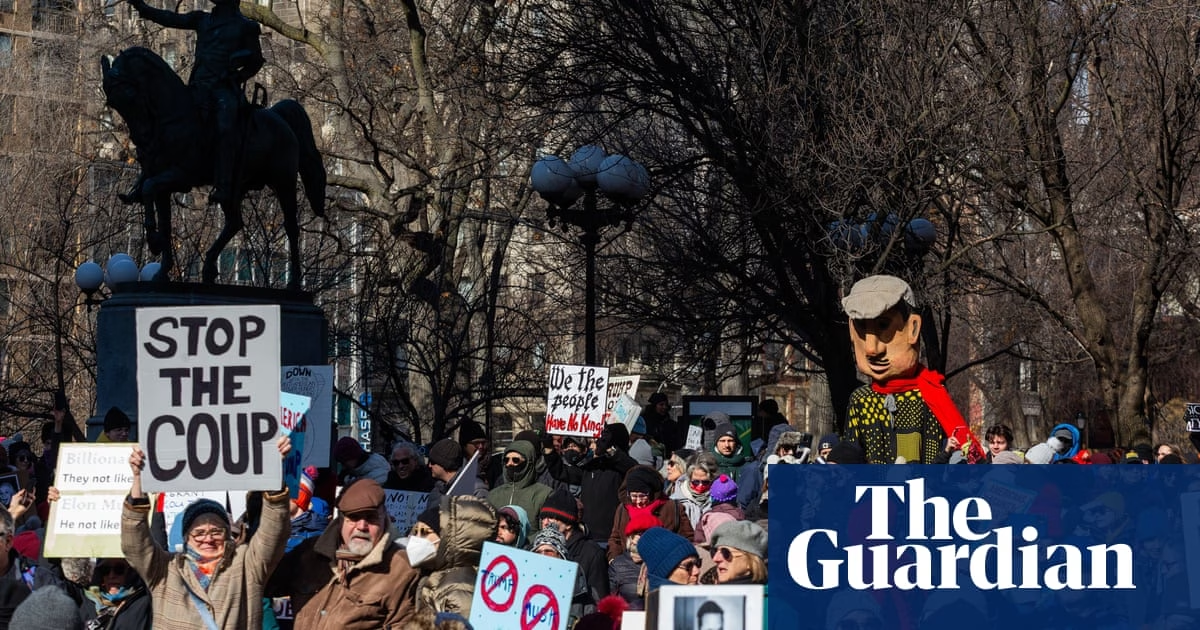What has come to be known as the Valentine’s Day massacre saw tens of thousands of civil servants dismissed by the Trump administration on February 14th, attacking the federal government without discrimination.
Among those affected were approximately 3,400 from the US Forest Service, 2,300 at the Department of Interior, including 1,000 from the National Parks Service, as well as thousands now unable to carry out studies of the nation’s soils, seas, and skies.
The sweeping dismissals left significant gaps in an already understaffed workforce that oversees more than 640 million acres of US public lands, causing uncertainty among employees and interrupting the critical work they perform.
Hearings from more than a dozen federal workers—some still employed and others terminated—emphasize careers dedicated to public service abruptly ended by emails stating their work was not “in the public interest.”
The language of the firings exacerbates the growing divide in public understanding of the work being done on their behalf, effects of which will be felt sharply now that these services have ceased.
Neglected upkeep and abandoned projects may trigger future crises, including the growth of conservation areas, the loss of endangered species, and an increased chance of weather-related disasters due to a reduction in vital warnings and insufficient emergency preparedness.
Ben Vizzachero, dismissed from his position at California’s Los Padres national forest, stated that the public perceives these roles as non-essential, failing to recognize the dedication of the workforce.
His role as a wildlife biologist with the US Forest Service was crucial in balancing the government’s legal commitments to environmental conservation and protection.
The firings are seen by workers as a disregard for the complex and specialized nature of their jobs, disrupting both public services and local economies that rely on the work they perform.
As the Trump administration continues to plan broader cuts to the civil service, the scientific and conservation community faces an uncertain future, with tight hiring restrictions and extensive reorganization imposing further strain on already overburdened staff.
Experts warn that the cuts could leave federal departments understaffed, just as public appreciation for these services continues to grow, increasing the strain on infrastructure and exacerbating the consequences of environmental challenges.
The firing of experts is likely to have long-term repercussions, with legal challenges questioning the administration’s environmental policies and their implementation in the future.
Many dismissed employees are grappling with financial uncertainty and mental health struggles caused by the abrupt change in their professional and personal lives.
Source: https://www.theguardian.com/us-news/2025/mar/01/public-land-stewards-loss-job








